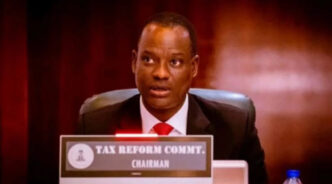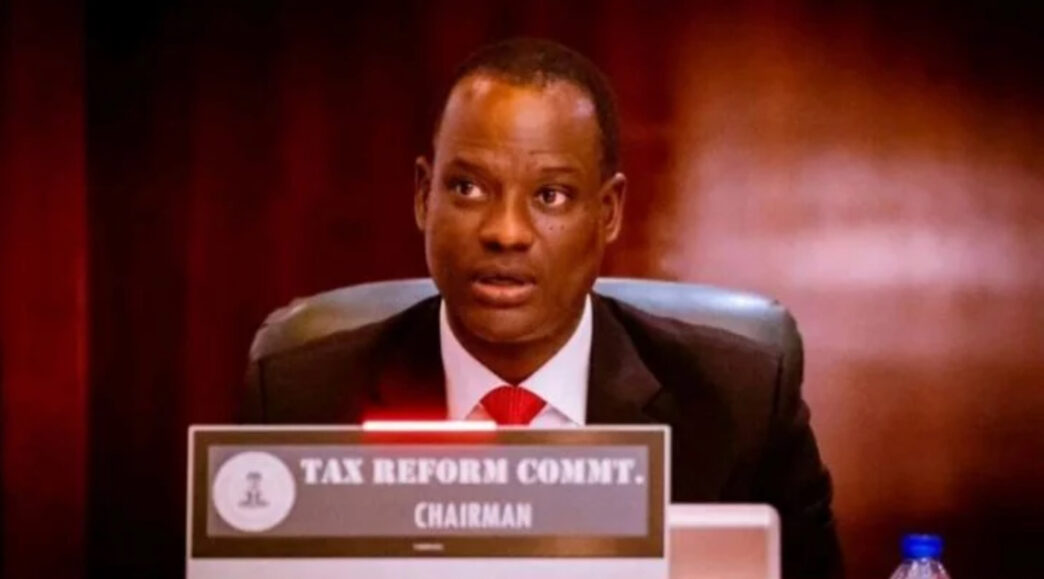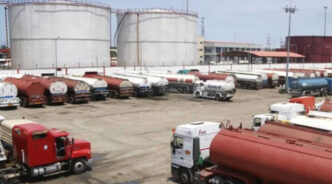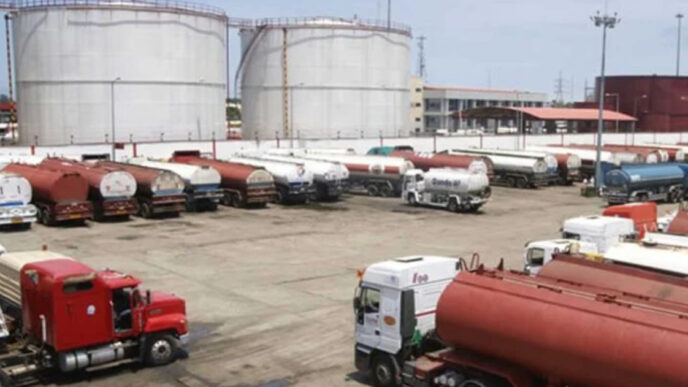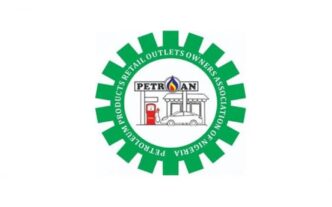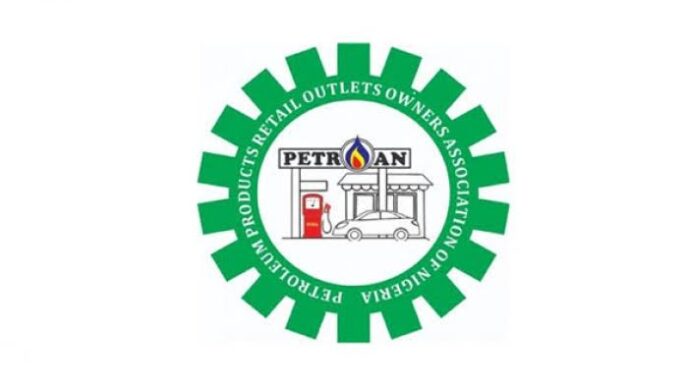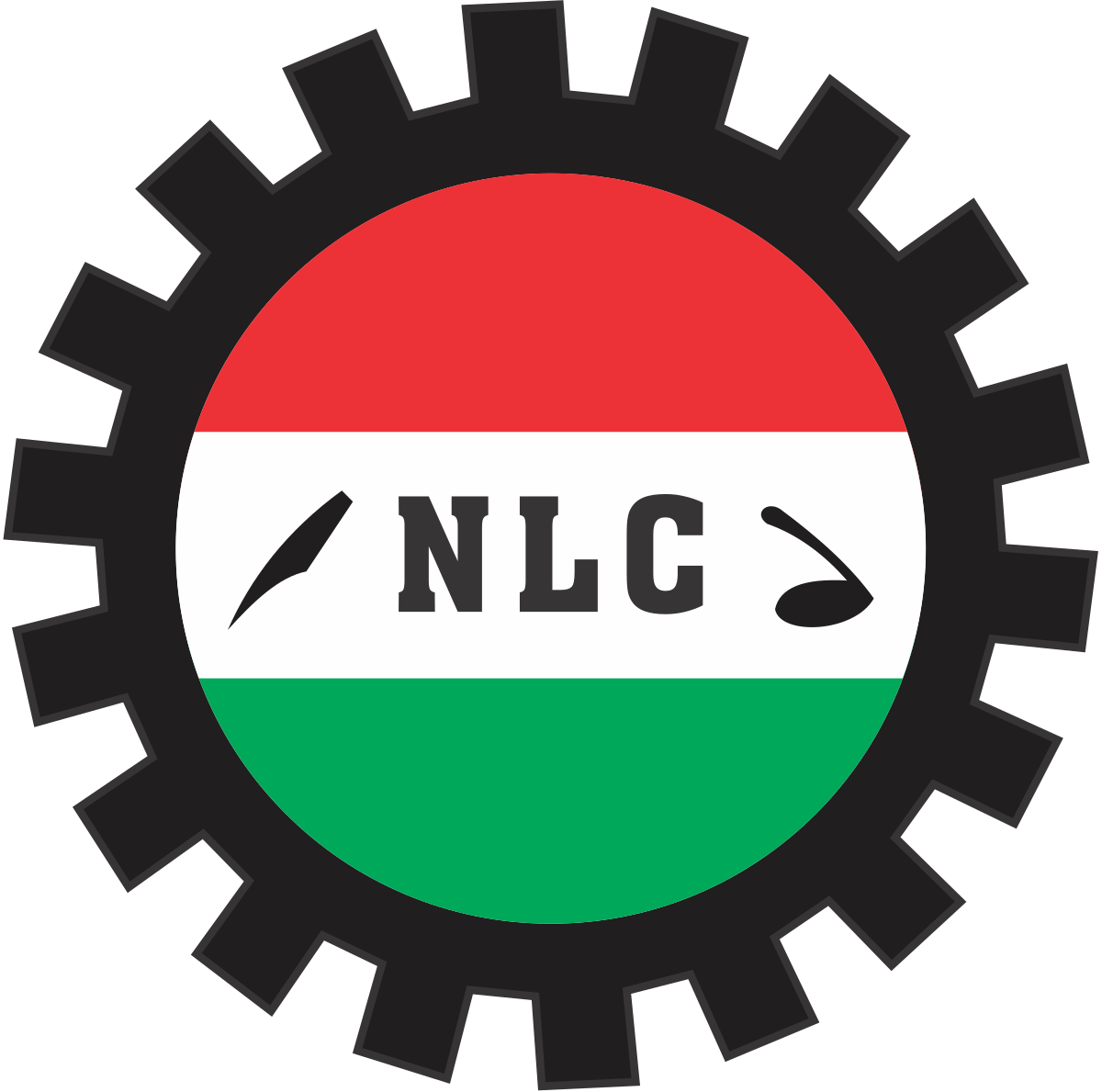The Presidential Fiscal Policy and Tax Reforms Committee has dismissed claims that the recently discussed 5 percent surcharge on petroleum products is a new tax imposed by the Bola Ahmed Tinubu administration.
Gatekeepers News reports that in a note addressing public concerns, the committee explained that the levy has been in existence since the Federal Roads Maintenance Agency (Amendment) Act of 2007 and was only restated under the Nigeria Tax Act 2025 to ensure harmonisation and transparency.
The committee stressed that there are no new taxes, adding that the measure was not part of the tax reform proposals President Tinubu forwarded to the national assembly.
According to the clarification, the surcharge is not yet in force and will only begin when the Minister of Finance issues an order published in the Official Gazette as stated under Chapter 7 of the Nigeria Tax Act, 2025.
The committee said this safeguard is meant to guarantee that timing and economic conditions are considered before implementation.
It also highlighted that the surcharge does not apply to all fuel products. The panel said, “Household kerosene, cooking gas (LPG), compressed natural gas (CNG), as well as clean and renewable energy products are exempt in line with Nigeria’s energy transition agenda.”
Responding to calls for its abolition, the committee argued that the provision is critical for road development. It said, “If implemented effectively, it will provide safer travel conditions, reduce travel time and cost, lower logistics costs and vehicle maintenance expenses, which will benefit the wider economy.”
It added that over 150 countries already impose similar charges ranging from 20% to 80% on petroleum products to fund road infrastructure.
The panel further explained that funds from petrol subsidy removal alone are insufficient to meet Nigeria’s massive and recurring infrastructure needs.
It noted that savings from subsidy removal help, but they cannot cover roads and still meet other fiscal obligations.
To reassure the public, the committee stressed that the reform does not contradict the Tinubu government’s pledge to reduce multiple taxes.
It cited the removal or suspension of charges such as VAT on fuel, excise duties on telecoms, and the cybersecurity levy as evidence of its streamlining efforts.
The fiscal policy committee concluded that incorporating the FERMA surcharge into the harmonised tax laws provides Nigeria with a forward-looking framework for sustainable road financing and climate considerations.
It added, “The measure is not for immediate implementation but ensures a clear legal basis whenever it becomes necessary.”

